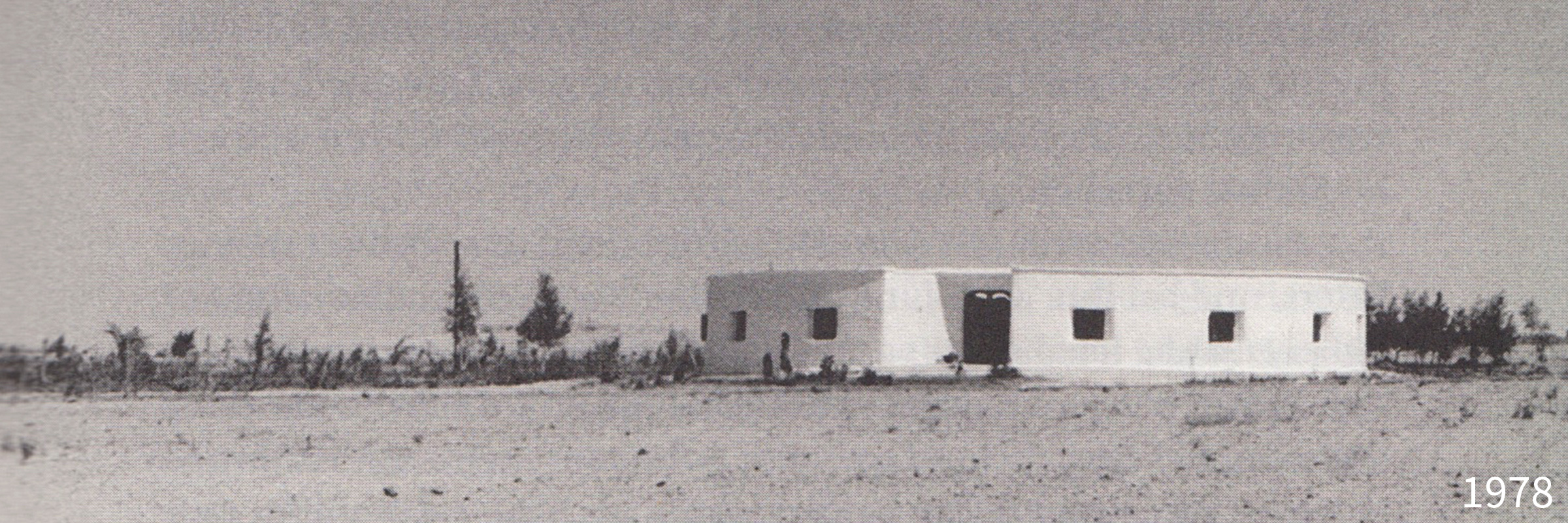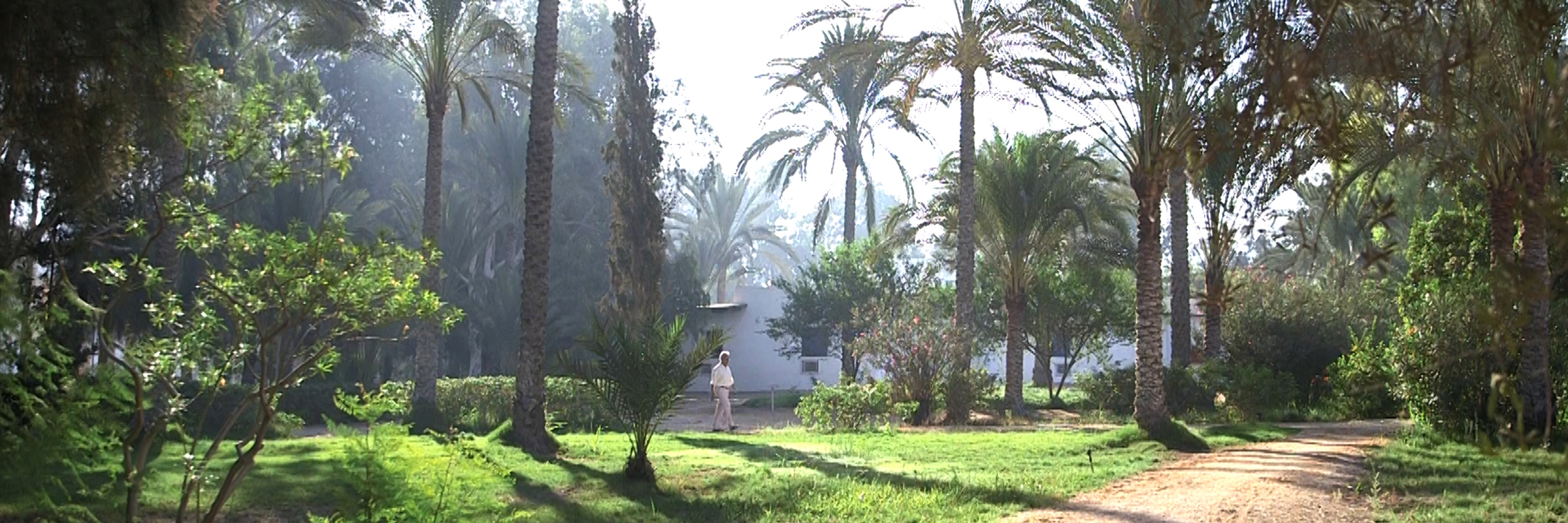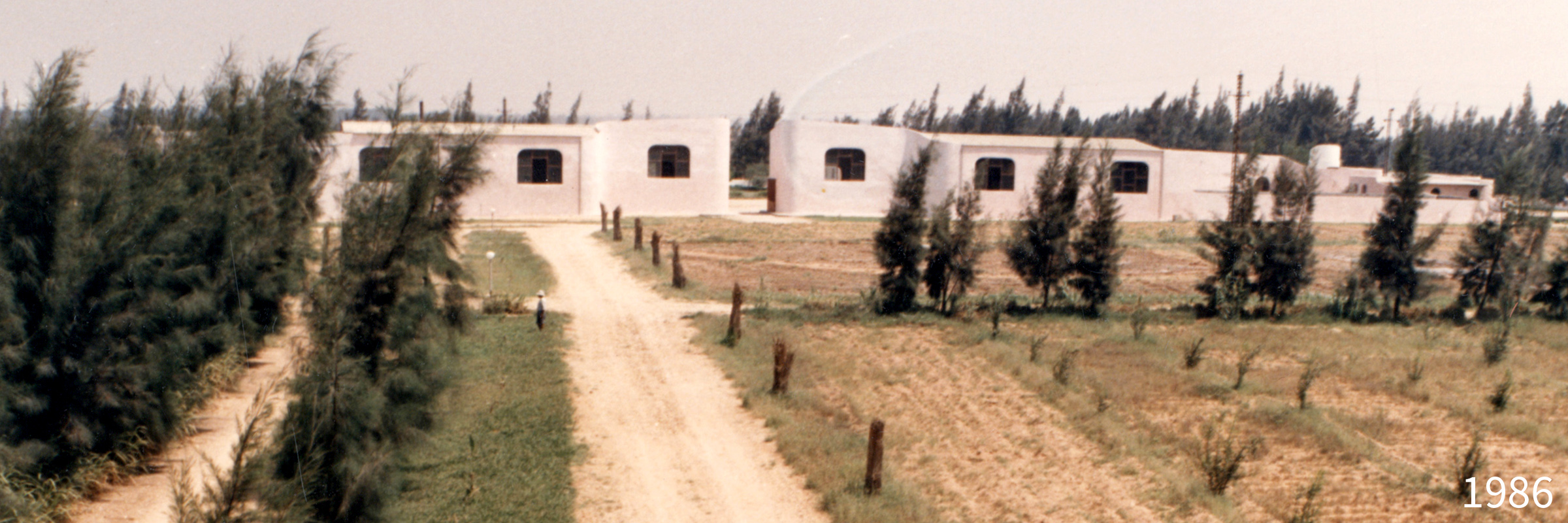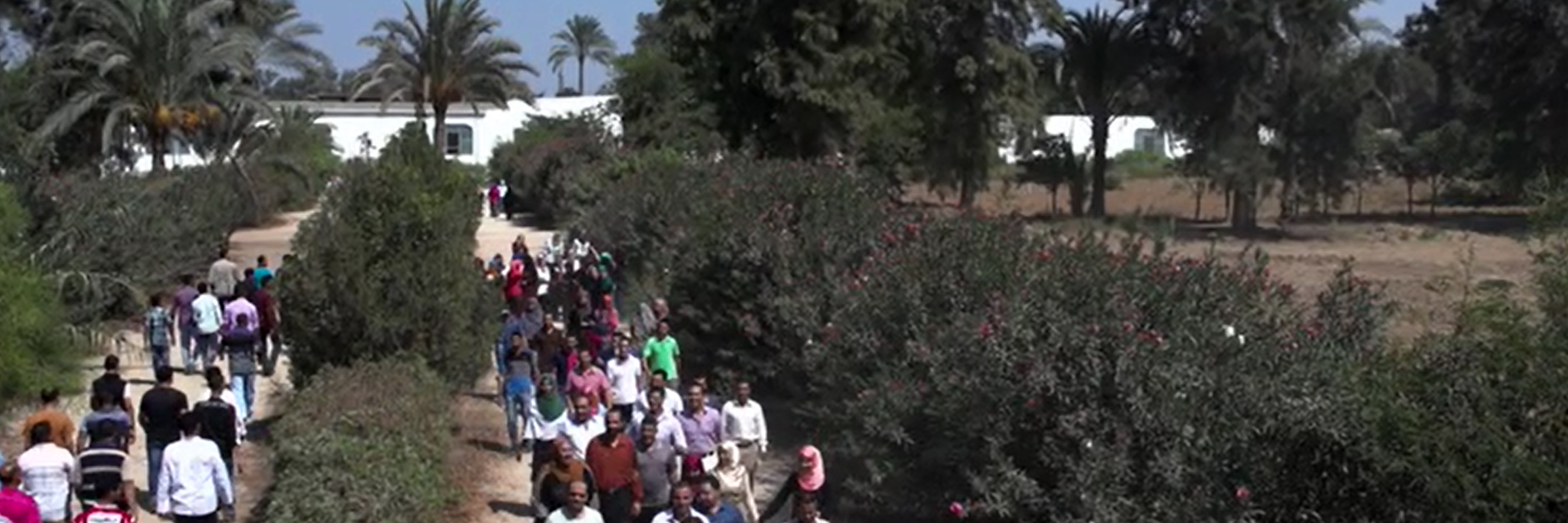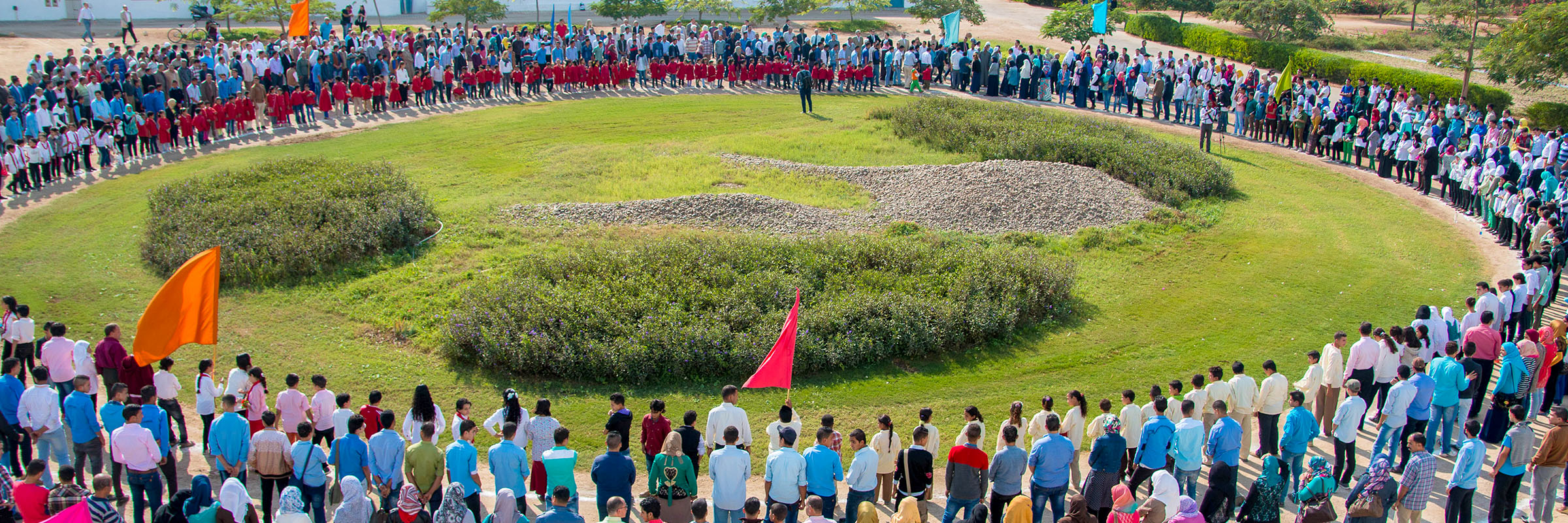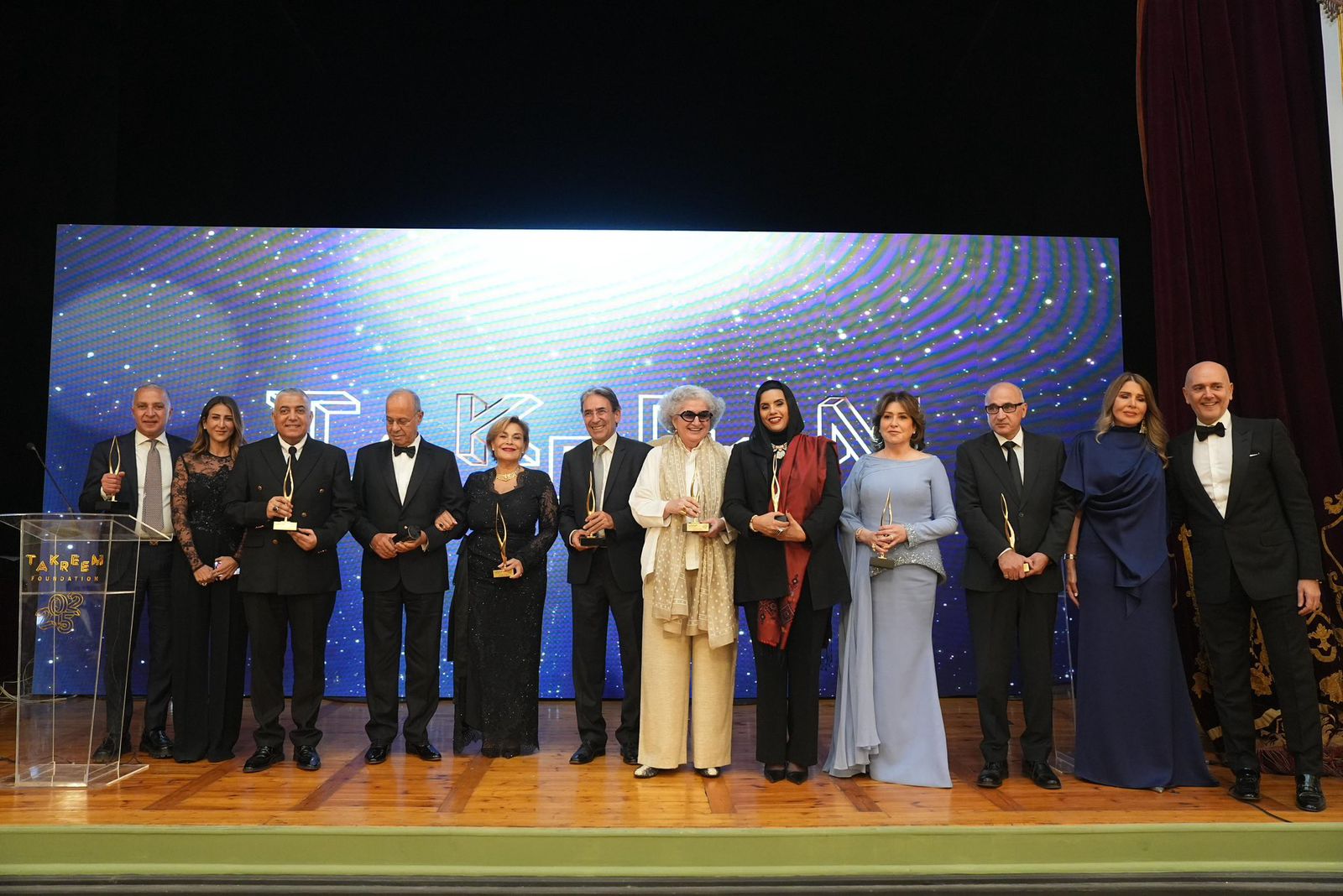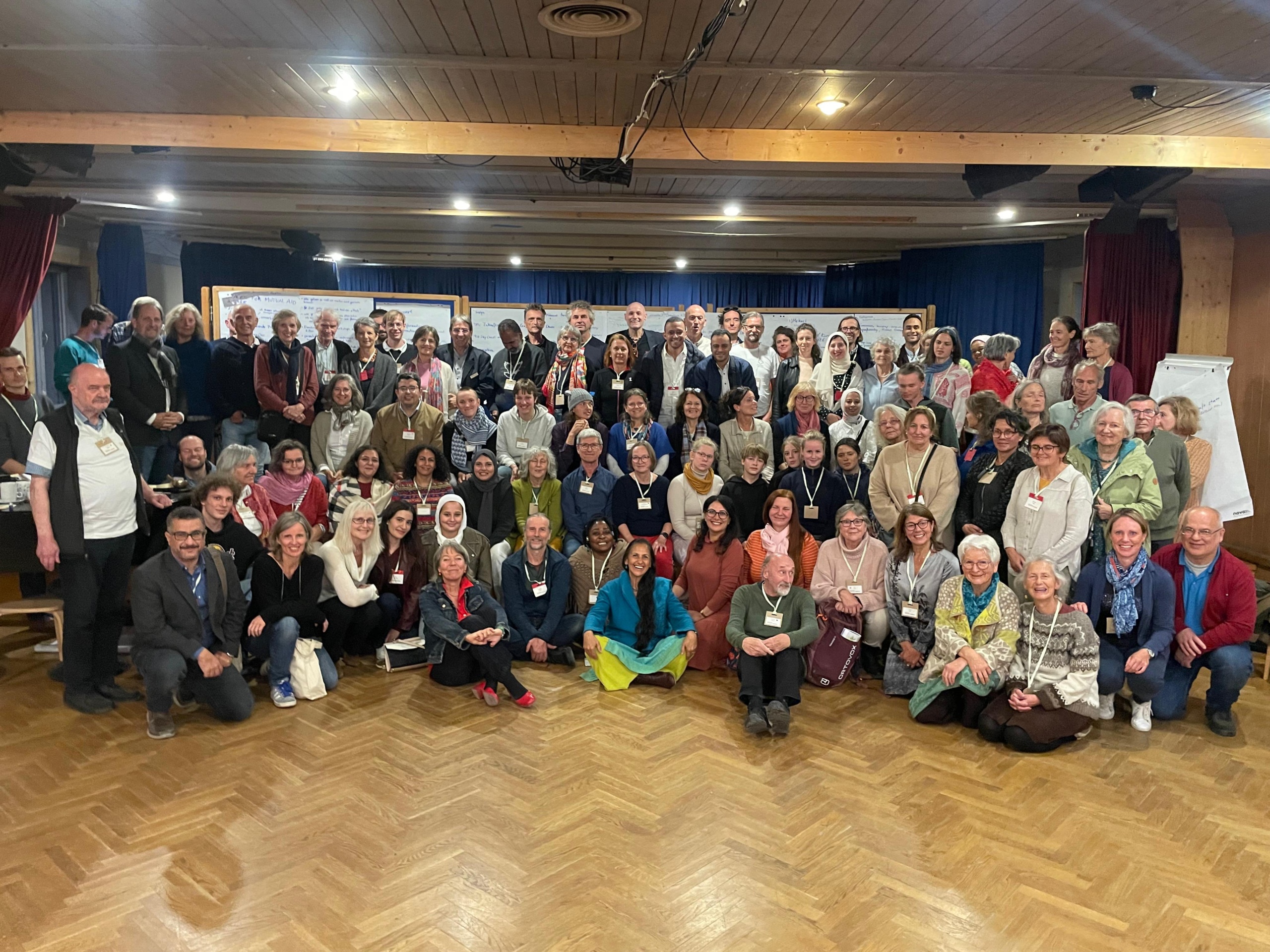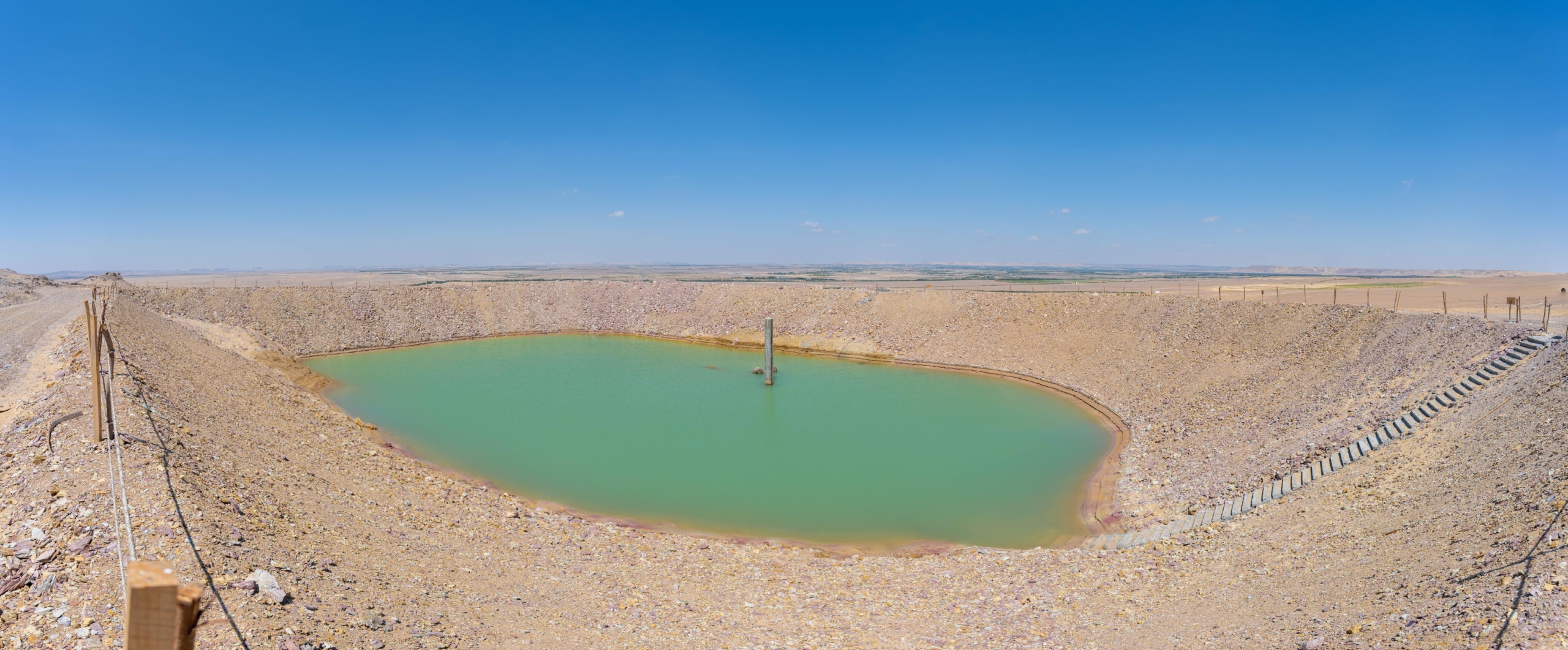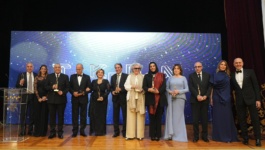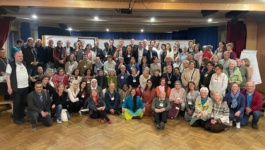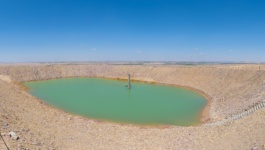Vision & Mission | History | Founders | Awards | Friends, Partners & Network | Organizational Structure | Sustainability
Sustainability Report 2016 – Economy
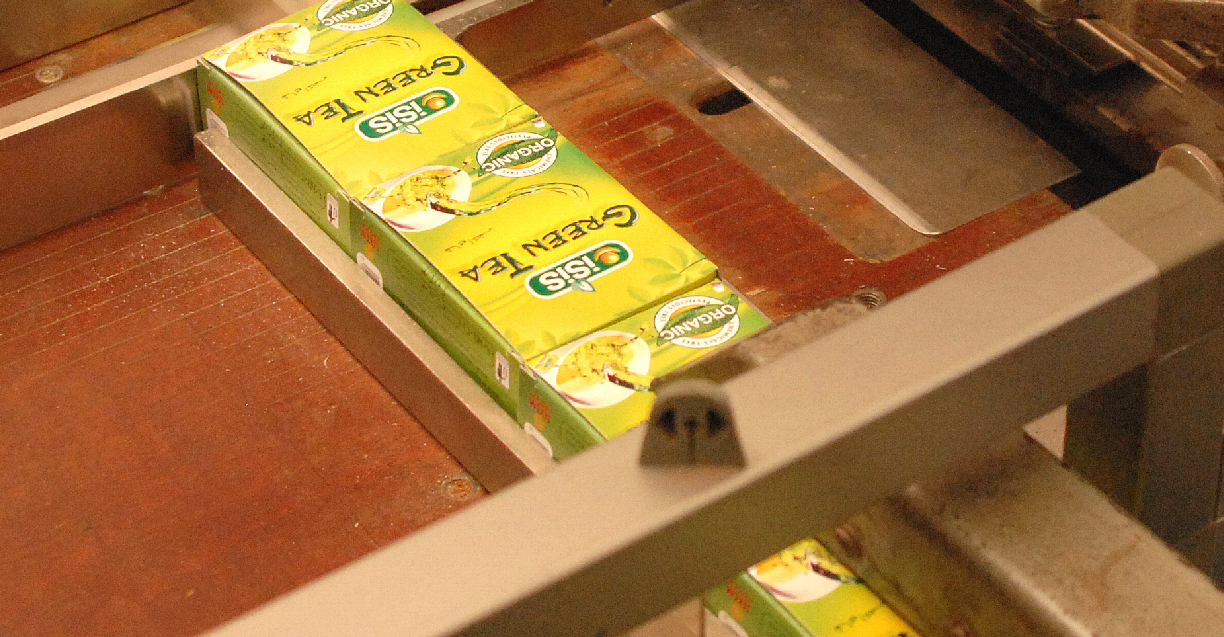
“Times are changing, the organic sector is expanding and we have to find the right position for SEKEM in this transforming environment by grabbing its potential for the future, which SEKEM absolutely owns.”
The past three as well as the ongoing devaluation of the Egyptian Pound led to a weak overall economic development and resulted in a consumption decline in Egypt. Hence, SEKEM faced challenging times in 2016 and could not achieve all economic targets, like in the former post- revolution years. The majority of SEKEMs produced goods, 79 percent, were consistently sold in the local market. The initiative kept its strategic focus on financial recovery and debt relief in order to strengthen its resilience. Dealer networks, nationally and internationally, have been extended and new customers were acquired. In addition, SEKEM has begun to strengthen export activities, which helps to counteract the devaluation of the Egyptian Pound (EGP). However, SEKEM could achieve improvements in terms of its economical dimension. SEKEM increased the minimum basic salary to 1‘300 EGP and improved the ratio of the highest to the lowest annual full-time salary from 1:36 in 2015 to 1:31 in 2016, for instance. Furthermore, due to the positive operational performance, SEKEM was able to invest 10 percent of its annual profit into community development. SEKEM raised the sales value of certifiable products, which have a Demeter certificate (from 43 percent in 2015 to 53 percent in 2016) as well as of products with an Organic certificate (from 56 percent in 2015 to 73 percent in 2016). The challenge to successfully certify the remaining 27 percent of possible organic sales is mainly driven by product quality from SEKEMs suppliers that fight with an immense pesticide pollution via water and air that cause residuals. Another reason is the mandatory transition period for conventional farms that want to become organically certified from which we are committed to take the produce during these three years of transition. Otherwise SEKEM would not be able to convince farmers to enter in an organic production system that usually comes with an initial drop in productivity. Of course, SEKEM is 100% committed not to use any chemical fertilizer or pesticides for its natural raw materials and striving for a fully certified organic product portfolio over the coming years. Together with Heliopolis University’s Carbon Footprint Center SEKEM continued with assessing its product portfolio and increased its share of sales of products with known product carbon footprint from 56 to 80 percent. The carbon footprints of SEKEM products are based on categories, such as herbal teas, organic baby garments, organic textile dolls, herbs and spices, juices etc. What is not included yet are product categories such as animal products, seeds etc. Furthermore, all product for ATOS Pharma, natural medicines and healthcare products are not applicable for carbon footprint calculation.

SEKEM Consolidated Key Financial Figures
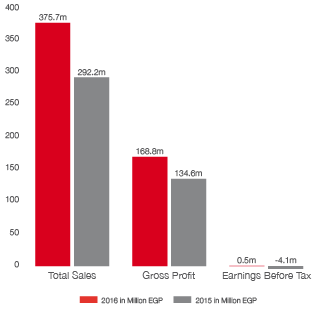
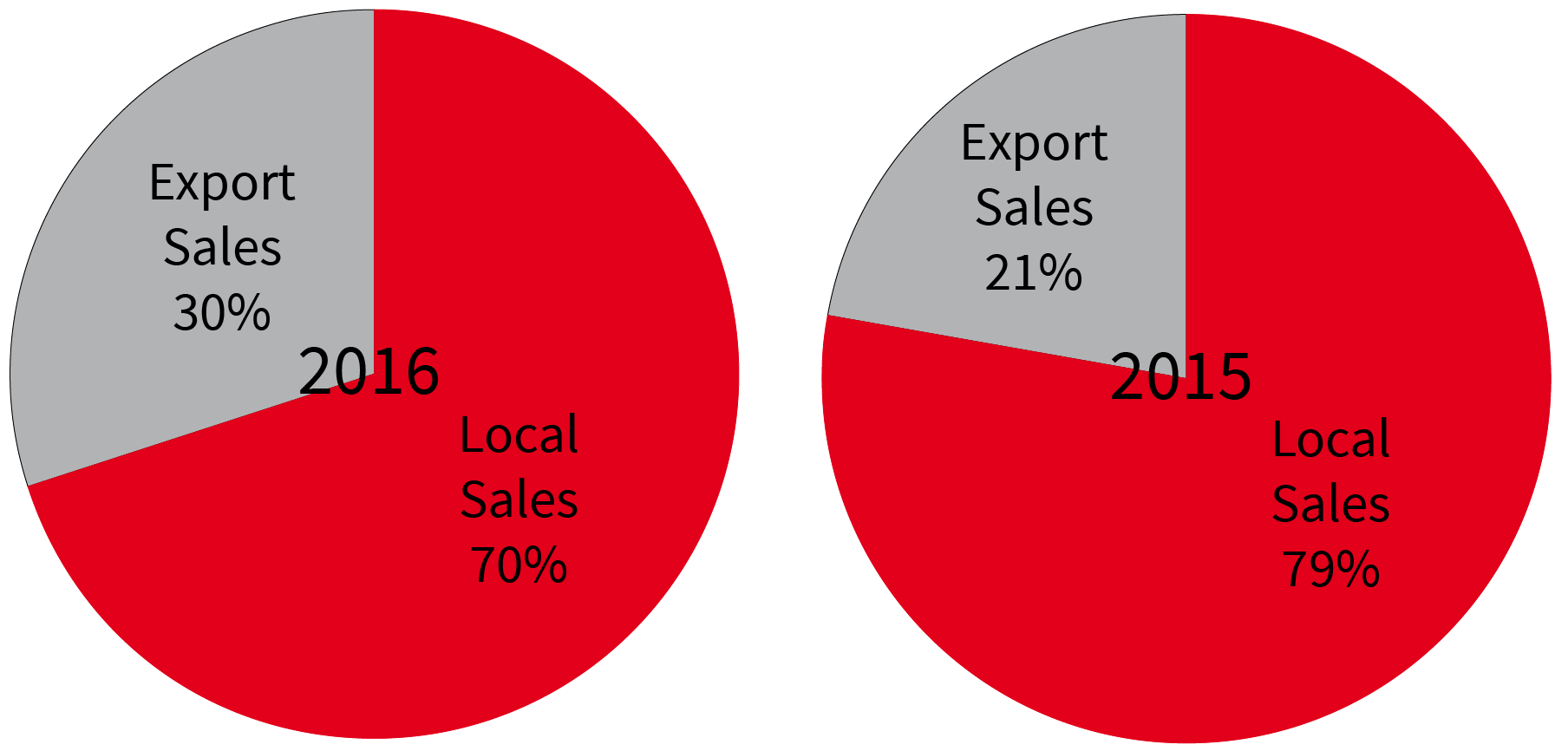
ISIS Organic
ATOS Pharma
NatureTex
Lotus

Keeping SEKEM Farm a Clean Place
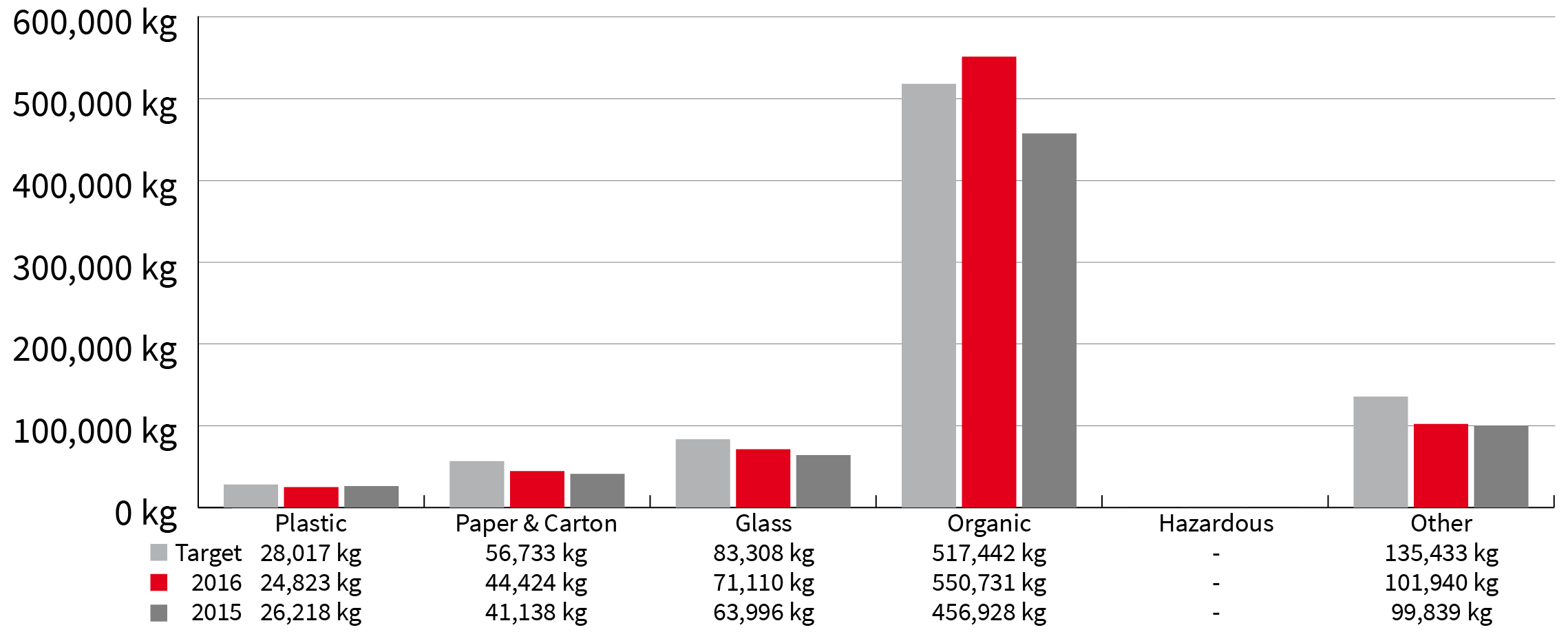
SEKEM Agriculture
Together for Food Security and Value Creation
“Our contracted farmers are a fundamental part of SEKEM. Therefore, we should stand together to build a living and learning community, a safe environment for us and the coming generations.”
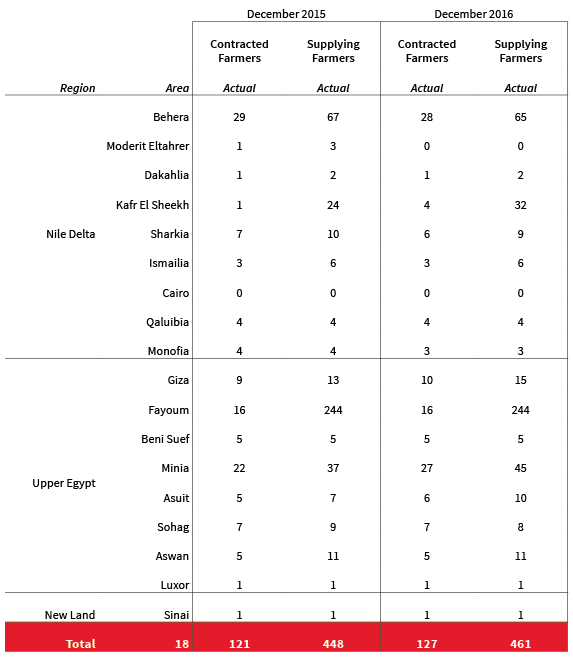
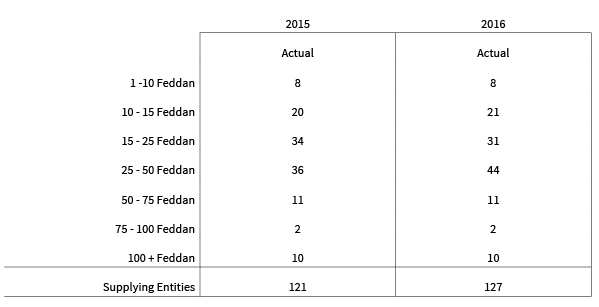
SEKEM started to put a special focus on this cooperation in order to strengthen community building and networking between the farmers by additional meetings and trainings. This shall strengthen food security, another challenge that Egypt is confronted with. SEKEMs contracted farmers supplied SEKEM in 2016 with several crops, for instance herbs, spices, seeds, fruits, vegetables or dates.
“Farmers, consumers and SEKEM build a ‘community of fate’ – if things are going bad for one, then they are going bad for everyone – and vice versa.”
Great Success at International Fairs
“Lotus improved the quality in regards to camomile by comprehensive actions and an intensive commitment of all involved parties. The company is now working at an above average level and can function as a role model for others.”
Social Entrepreneurship
“The role of the private sector is absolutely crucial for achieving the Sustainable Development Goals as it is determining for a transformation of society.”
“As the pressures we face get bigger and bigger, businesses from all over the world have to rethink their supply chain, changing towards transparency, fair distribution, fair prices and fair treatment. Otherwise, they will not be able to remain competitive in future.”
Trying new Pathways: Crowdfunding
“We urgently need a transformation of education in Egypt. We need a holistic educational system that encourages environmental and societal action, fosters creative thinking and strengthens the concept of learning outside the classroom”
Shareholder Network
“SEKEM plays a very special role for the GLS Bank. We are constantly working with SEKEM and went through good and challenging times together.”
Read further details in Indicator Sheet here
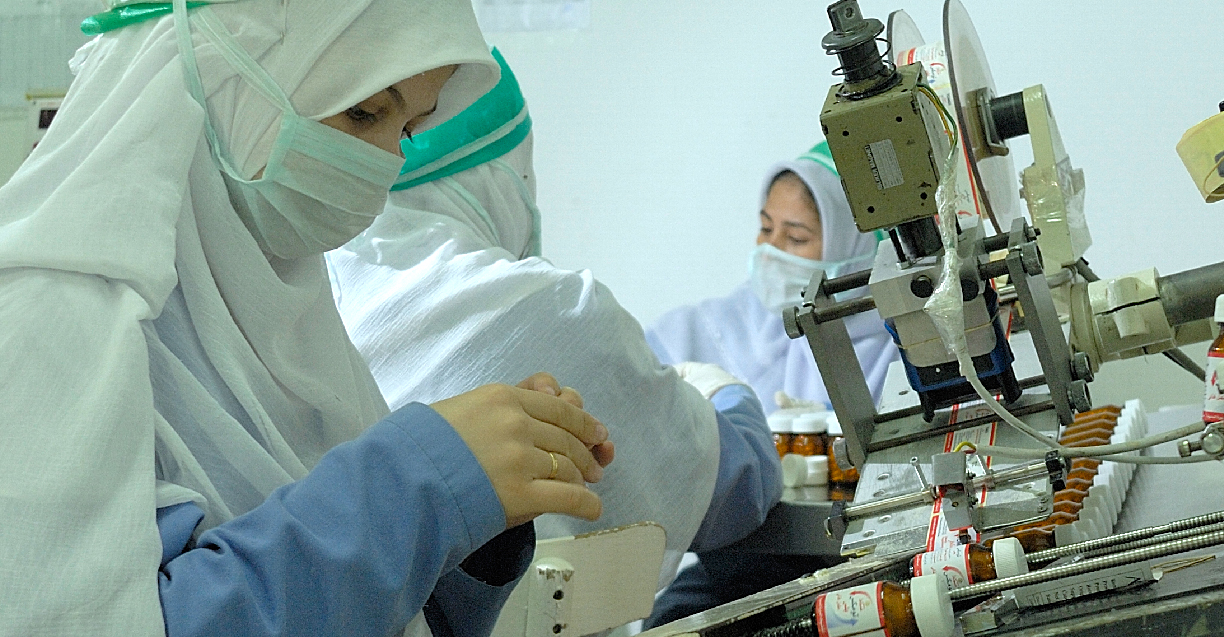
Economy 2016 | Societal Life 2016 | Cultural Life 2016 | Ecology 2016
Download SEKEMs Sustainability Report 2016 Now
Explore SEKEMs previous sustainability reports
You have a question, a comment or feedback about our report? Send us a message now!

